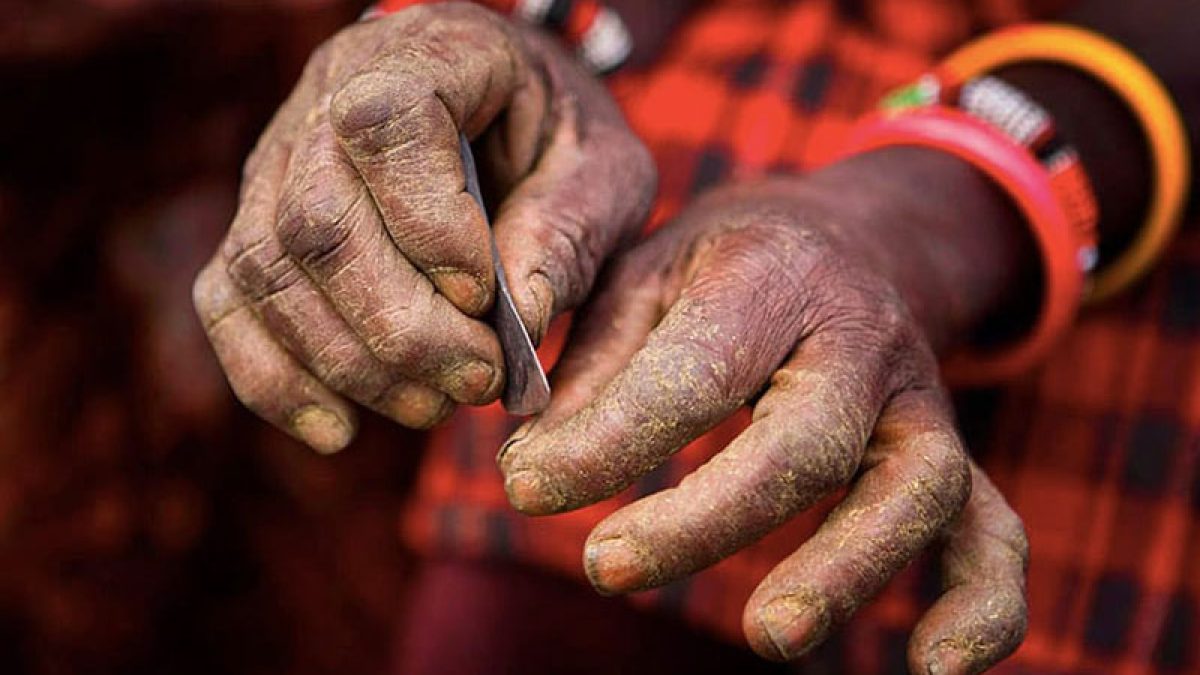




Ever wondered what FGM takes away from women and girls? Well, think of it this way, how would it feel if your freedom and ability to dream and work towards achieving those dreams was taken way? That is exactly what happens to survivors of FGM. Even though Female Genital Mutilation is internationally recognized as a violation, UNICEF states that in Kenya 4 million girls have been subjected to FGM and over 200 million girls worldwide at risk of undergoing FGM.
It is important to note that FGM does not bring about any health benefits for girls and women. Instead FGM can cause severe bleeding, increased maternal deaths, infertility and complications during childbirth. While these are just the health-related causes, survivors of FGM are also at risk of suffering from psychological effects which often lead to sexual dysfunction and long-term mental health issues.
Additionally, FGM takes so much from women including their right to make decisions about their reproductive health. Culture justifies FGM by stating that it is done to reduce promiscuity among girls which will help them save their virginity until they are married and remain faithful to their husbands. This is a very retrogressive belief that puts women and girls at a great disadvantage and prevents them from making informed decisions about their health and lives.
Despite the efforts that have been made to end FGM over the years, when the COVID 19 pandemic hit it threatened to take back all this progress. Schools act as a safe place for many girls, a place where retrogressive cultural practices can’t harm them. While schools were forced to close down, girls were forced to go back to their communities where they were at high risk of undergoing FGM. This shows how easy it is for FGM to prevail if we do not build back better.
For us to end FGM, we need to tackle the secrecy that allows FGM to thrive. Due to the ban of FGM, nowadays it is performed discreetly which greatly gives room for its prevalence. This secrecy makes it difficult to collect data on FGM which then greatly affects the development of effective solutions to curb it. There is need for more investment on research that will put a spot light on cases of FGM, hence giving us a clear picture of where we are as a country in ending FGM. Working towards an FGM free Kenya, also means finding the gatekeepers of this retrogressive practice, educating them on the dangers of FGM and sending them back to their communities as champions in the fight against FGM.
As we gear up towards International Day of Zero Tolerance for Female Genital Mutilation, we need to join forces, invest resources and create awareness of this social ill. It is important for us to make good on the promises and commitments that have been made to end FGM. By ending FGM, we will not only be upholding the human rights of women and girls but we will also be dignifying survivors of FGM.
Women and girls will only be free to take full control of their lives and health when we put an end to FGM and other retrogressive cultural practices that strip women of their dignity and human rights.